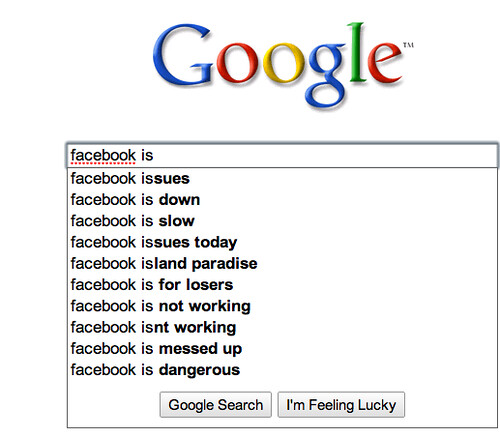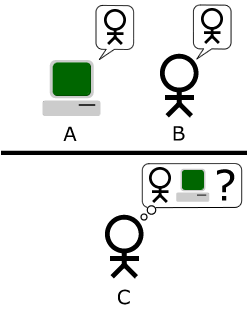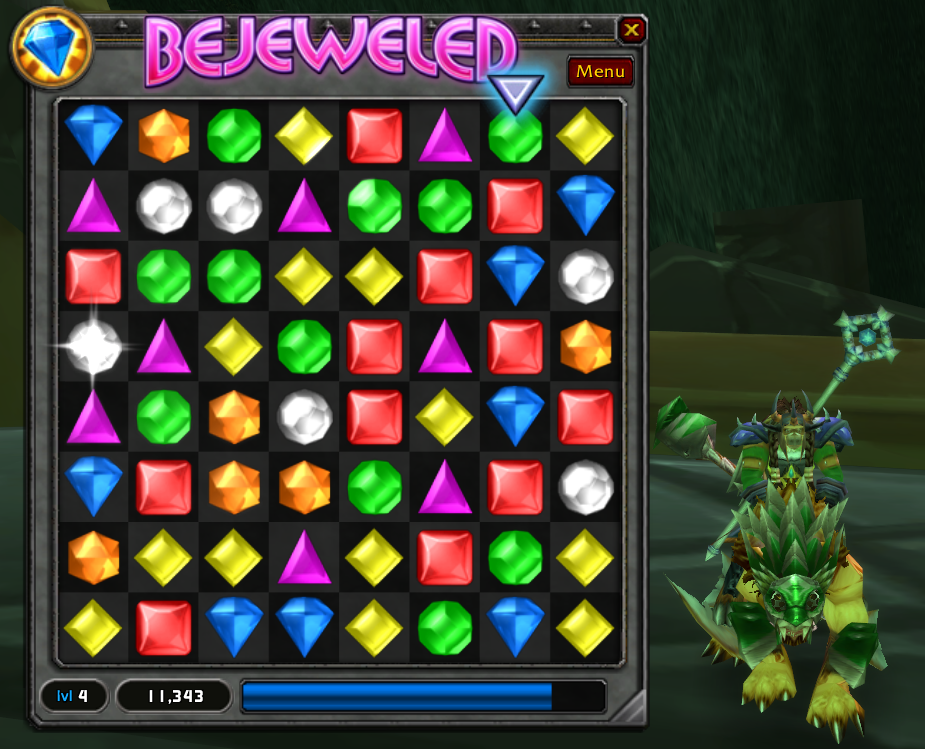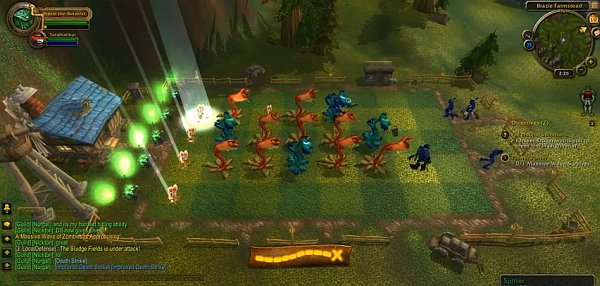That ease of use, though, is also one of its drawbacks. See, in getting rid of "subject lines and other formalities" and making "everything you've ever discussed with each friend as a single conversation" it's also turning communications into an unnavigable nightmare.
It's tough enough to follow long email conversation threads - and that's with subject lines and whatever navigation aids your platform allows. Here, picture having every chat, text and email bundled together by friend. If you want to find a turkey recipe you discussed last year, you have to go through the entire thread. If you use gmail by contrast, you have but to search "turkey recipe" and it'll scour your messages and have an answer for you in under a second. Facebook, on the other hand, is moving backwards - it's like going from a CD to a cassette tape. Or like from an iPhone voicemail system to traditional voicemail, where you have to listen to everything.
Ugh.
Even worse, of course, is the privacy implications.
 Can you imagine your boss or any other of your "friends" being able to see your communications? How about any company on the planet willing to pay pennies to Facebook for the privilege. It's bad enough that Facebook has followed its formula of taking away privacy, then giving the illusion of a little bit back, then repeating. Now it wants to have access to all of our communications, dreaming of turning that into cash. If it's successful, it will not only be able to sell your demographic and network analysis data, it will now be able to provide marketers with real-time communications data.
Can you imagine your boss or any other of your "friends" being able to see your communications? How about any company on the planet willing to pay pennies to Facebook for the privilege. It's bad enough that Facebook has followed its formula of taking away privacy, then giving the illusion of a little bit back, then repeating. Now it wants to have access to all of our communications, dreaming of turning that into cash. If it's successful, it will not only be able to sell your demographic and network analysis data, it will now be able to provide marketers with real-time communications data.Of course, gmail already does this. But: gmail doesn't know your birthdate, your zip code, the school you graduated from, all your social contacts, etc. Better to keep whatever data I can from Facebook, so it doesn't know everything about me.
 In the end, I've already given away too much of my information to Facebook. I'll keep the rest separate from them - in an easier to use, non-Facebook email platform. If Facebook wants my communications data, it's going to have to buy it from Google. :)
In the end, I've already given away too much of my information to Facebook. I'll keep the rest separate from them - in an easier to use, non-Facebook email platform. If Facebook wants my communications data, it's going to have to buy it from Google. :)




















